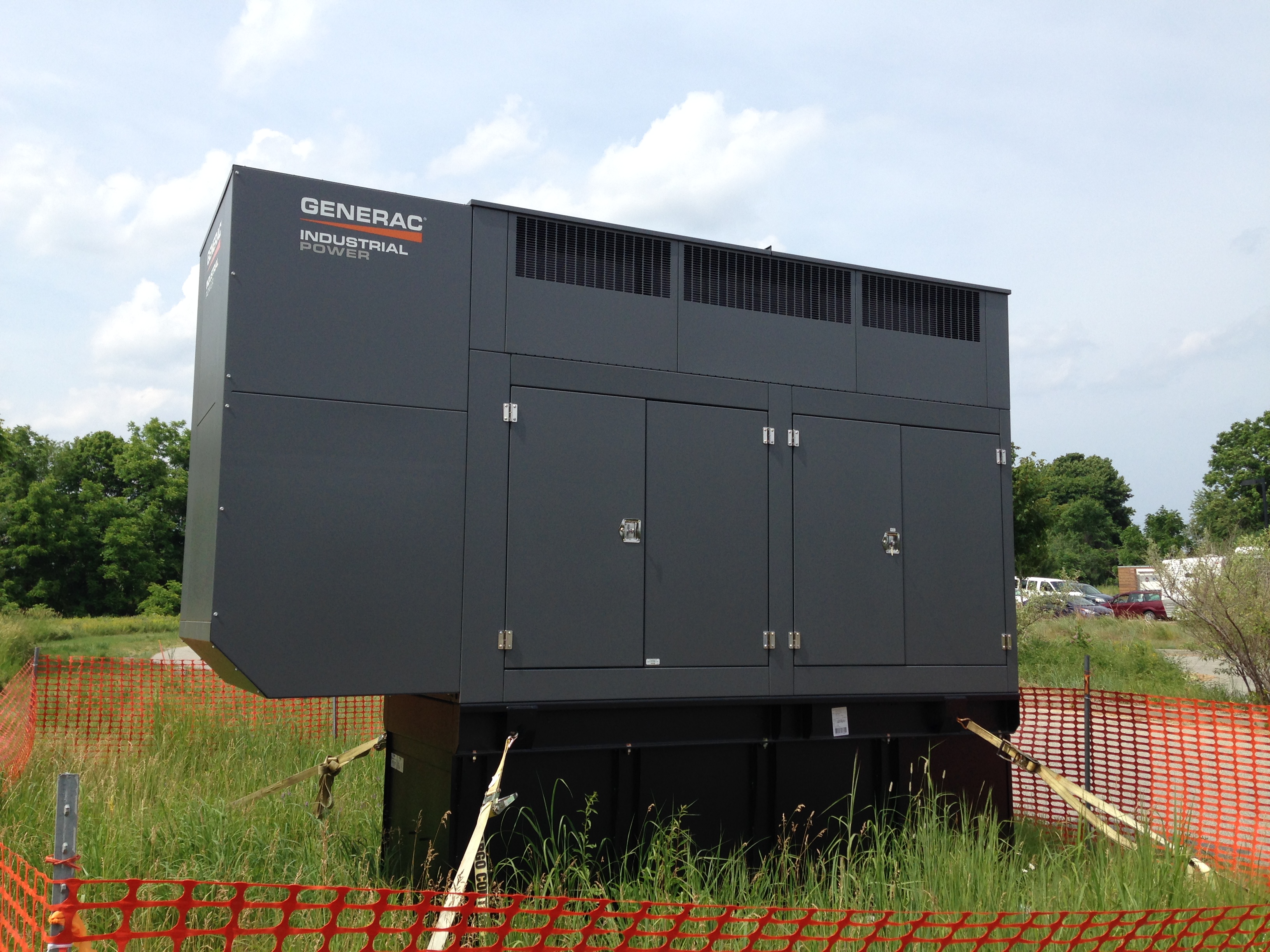Industries That Need Backup Generators
It’s easy to forget how useful a backup generator can be considering we appreciate them only when the power fails. Some people, however, can’t afford to forget. Workers in facilities like hospitals and nursing homes rely on generators to provide them power so they can care for their residents 24/7.
Workers in other industries are in a similar position. The following businesses require backup generators to stay safe and keep their operations running smooth.
Backup Power in the Medical Care Industry
Hospitals and emergency rooms must have sources of power for times when the electrical grid fails. According to the National Electrical Code, it’s mandated that hospitals and critical care buildings have enough backup generator power to cover 100 percent of their electrical needs.
Most generators used for hospitals can handle all electrical loads up to five days without needing refueled. The power generated from these units ensures critical care and response teams can preform their normal duties to caring for patients. It also ensures that life-supporting medical equipment can function. Common equipment includes oxygen compressors, dialysis machines, mechanical ventilators, and cardiac monitors.
These types of machines are extremely power sensitive and are unable to function for long (or at all) during a power outage.
Backup Power in the Food Industry
Health laws in the food production industry require all food be fresh and kept in efficient storage areas. This industry utilizes backup generators for storage, production, processing, and distribution of their products. Materials like raw food and other perishables are stored and processed in controlled-temperature environments that require constant energy.
In food production facilities, uninterrupted power ensures all production lines run smoothly and efficiently. Any power fluctuations or outages stop the production process and cause financial losses.
In the restaurant industry, business owners install generators to maintain a relaxed and fun environment for their customers during an outage. Generators also provide power for:
- Kitchen equipment
- Refrigeration machinery
- Beverage stations
- Lighting
- Air conditioning and heating
- Cash registers
With a backup generator operating the establishment, restaurants are less likely to lose business in the event of a power outage. They invest in the backup machinery to preserve their investments and avoid revenue losses.
Backup Power in the Agricultural Industry
In the United States, the agricultural industry includes around two million farms across the country. Altogether, this adds up to about 100 million acres of farm land. In this industry, 21 million American workers — 15 percent of the workforce — produce, process, and sell the nation’s food in all kinds of markets. With the large number of people involved in the production, distribution, and exportation of the product, a durable and reliable source of power is necessary, as in today’s agricultural industry, the equipment and machinery used are heavily automated, making efficient and reliable power important.
Any type of outage or natural disaster deterring the distribution of electricity therefore hinders the industry’s ability to function. So, the industry utilizes backup generators to provide power. Farmers and other agricultural organizations need power solutions for aspects of farming like:
- Greenhouse operations
- Air handling
- Irrigation systems
- Milking
- Climate control
- Warehouse cultivation
Backup Power in Air Transportation
According to the Federal Aviation Administration, the amount of people flying commercially on U.S. airlines increases every year. By 2032, statistics state the number of people flying will be up to 1.2 billion per year.
Large airports operate around the clock and cannot afford to have their business derailed by a power outage. The systems within an airport facility not only monitor the arrivals and departures, they relay information to police and government agencies if a breach in security occurs. Airports also need to receive weather reports, which let pilots know whether or not it’s safe to fly. They also need power for communications, lighted runways, radar, security stations, and more.
In short, airports become no-fly zones without electricity. They need constant power to function.
Backup and Prime Power in the Oil and Gas Drilling Industry
In the 1970s, on-site generators were introduced to provide electrical power to different parts of drilling machinery. Most drilling operations are operated at sites away from any type of access to a power grid. They therefore need generators — both standby and prime-power units — in order to operate.
Over the years, new modified generators from all over the world make drilling more versatile. For example, a large company located in Alaska utilized five trailer units to provide 24-hour periods of energy in remote areas and in extreme weather conditions. The generators used were two Southwest products (SWP) generators, and three Atlas Copco generators.
Other Industries that Require Backup Power
Other industries that need continual sources of backup power include:
- Hospitality and Tourism
- Government and State Services
- Entertainment
- Retail
If you own a business that needs standby power, give us a call at Midwest Generator Solutions. We’re experienced in commercial and residential generator installation and can provide maintenance for all makes and models of generators.

